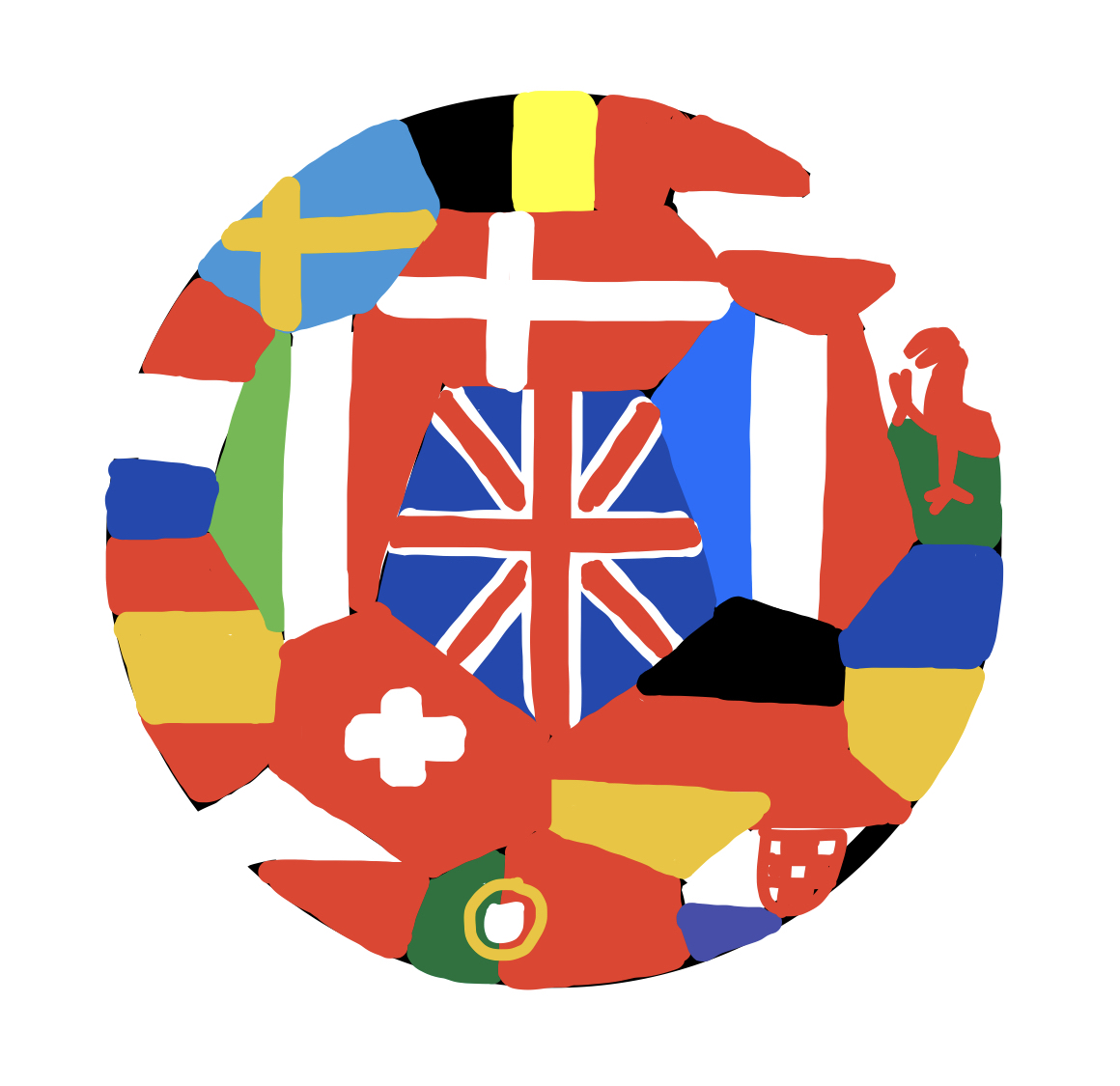The tale of The Super League and what’s next for European soccer
April 23, 2021
This past Sunday, the very foundation on which European soccer has been laid for over 150 years was shaken to its core with a power move that would have given the game as we know it a complete overhaul. And yet, just 48 hours later, as soon as it came, it was crushed back into oblivion. Safe to say, if you’re a soccer fan—even a casual one—this past week has been a whirlwind of emotions. I’m guessing by this point, most of you know what I’m talking about. To those of you that don’t, let’s catch you up to speed.
On April 18, a joint statement was released by twelve of Europe’s biggest soccer clubs declaring the formation of a new league called The Super League. The 20-team league would have 15 permanent members made up of Europe’s wealthiest, most historically successful clubs. The other five spots would be earned yearly through a play-in system. The Super League would serve as an alternative to the current UEFA Champions League, with teams playing games during the mid-weeks, culminating in a playoff bracket to name a champion.
The fact of the matter is this: The Super League was a greedy power grab aimed to line the pockets of big club executives. Through permanent spots in the league, they would guarantee themselves a chunk of the lucrative TV revenue the league would create. Yet within hours of the proposal being announced, it became clear that the soccer community was vehemently opposed to the proposition. Former Manchester United player turned commentator Gary Neville called the move “an absolute disgrace.” Liverpool fans hung up signs outside their own stadium to show their disapproval, with one reading “SHAME ON YOU. RIP LFC 1892-2021.” FIFA and UEFA threatened sanctions against the teams, saying that players involved would not be allowed participation in the upcoming World Cup. Teams that participated would be banned from competing in the Champions League and even their own domestic leagues.
Sure enough, by Wednesday morning, the six Premier League teams departed from the agreement, and the proposal was called off as a result. But why was this proposal met with such an overwhelming opposition? First and foremost, The Super League challenges the integrity of a system that allows for team mobility, something unique to the world of soccer. Most European countries have multiple leagues—win and get promoted, do poorly and risk demotion. Win the top league, and get the chance to play in the Champions League against the rest of Europe’s best. It’s the system that, in England, allowed for the miracle run of Leicester City in 2016, bringing immeasurable joy to a town of working class Brits who thought they’d never see the day their club hoisted the Premier League trophy.
The accompanying worry was that The Super League would financially ruin the lower divisions of domestic leagues. The lower divisions of countries across Europe generate little to no revenue on their own and are reliant on money trickling down from leagues like the Premier League or Serie A to be able to function. Without the same TV contracts that big clubs help bring in, it’s possible that the entire soccer pyramid would crumble, taking with it a fandom for the game that runs deep into every crevice of these countries for which soccer is the dominant sport.
The response that we saw was quite frankly like something out of a movie. Fans, pundits and players ignored their club allegiances and banded together to bring The Super League to a screeching halt—a testament to what soccer really means to the citizens of Europe. To some, soccer is more than a game—it’s part of their livelihoods. If you don’t believe me, this past week’s events should be evidence in themselves. An entire continent rose up, like a phoenix from the ashes, to stop this deplorable power-grab dead in its tracks. To soccer fans all around the world, it was a resounding success that reinforced what the game is truly about—passion, love and, at its core, the fans.
That being said, now is not the time to sit back. In fact, it’s time to put the foot on the gas. It’s only a matter of time before the owners of these clubs will be back with a new scheme to pad their wallets. This experience has revealed how the big clubs, in efforts to maximize their profit margin, are moving the game away from what it has more traditionally meant. I’m not opposed to trying to find a way to make the game financially sound for the future, but sacrificing the integrity of the competition is no way to do that. For soccer fans around the globe, it’s time we push to reclaim the sport that brings joy day-in and day-out to fans, like myself, and challenge the thrones the executives of Europe’s biggest clubs sit on.


Comments
Before submitting a comment, please review our comment policy. Some key points from the policy: